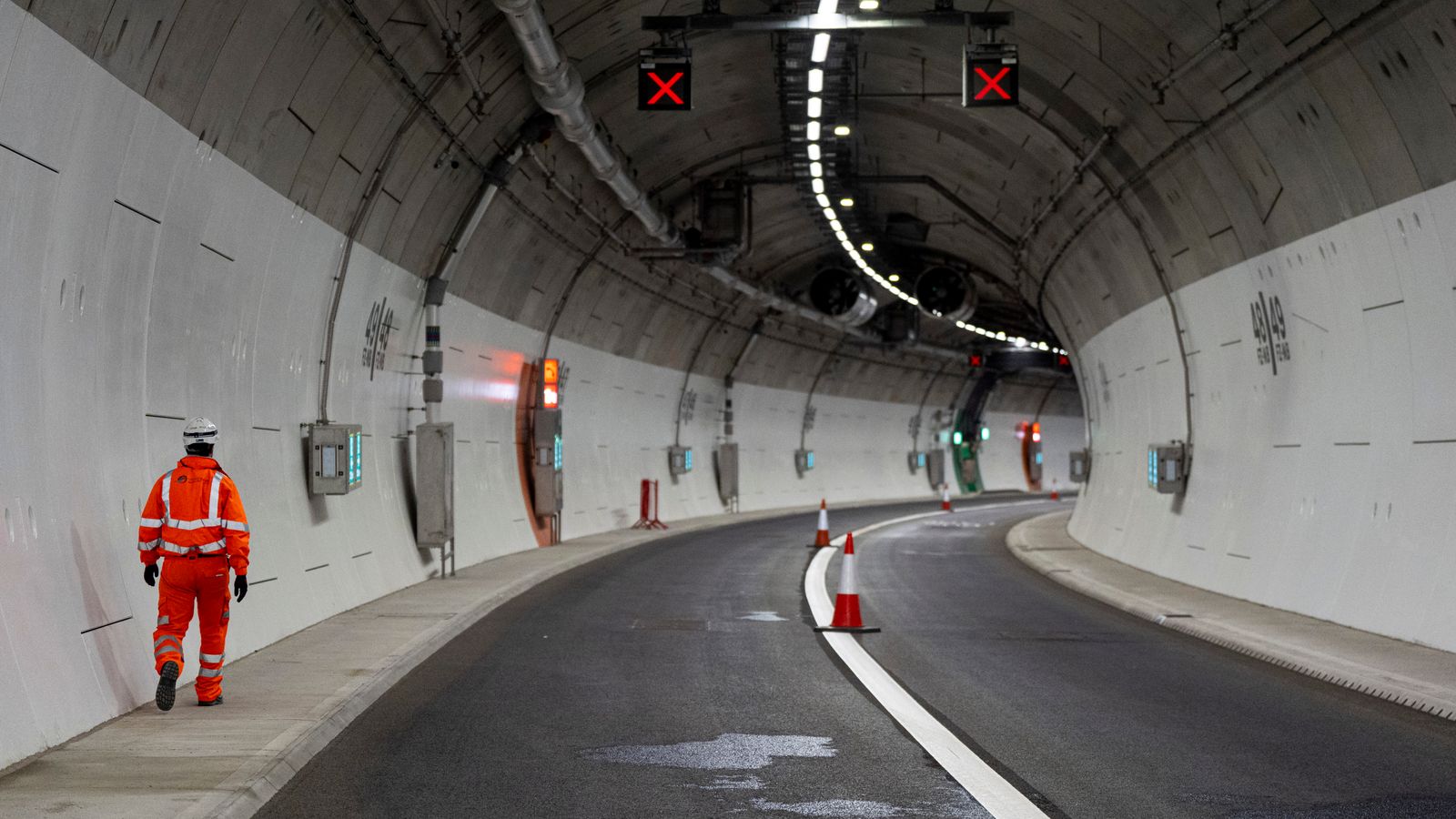
UK bans £2.2bn ‘sneaky’ fees and fake reviews for online products
Sneaky fees that are estimated to cost consumers £2.2bn a year are to be banned from today under new consumer protection laws.
Businesses, including travel websites, ticket agencies and food delivery apps, will be required to include any mandatory fees in the headline price. Research has found these fees can be more than 25% of the product price.
The ban comes into force under reforms in the Digital Markets, Competition and Consumer Act 2024, passed under the previous government. The new laws also impose bans on the use or commissioning of fake reviews.
A report for the Department for Business and Trade in September 2023 found that in the entertainment sector 45% of providers included at least one mandatory “dripped” fee. The figures were 21% for the holiday and hospitality sector and 3% for retail, excluding delivery charges. It also found consumers are commonly required to click through 10 website pages or more before they can finally make the chosen purchase. They can face a range of optional purchases and mandatory fees before finally being able to complete the transaction.
Under the new requirements, a one-time installation fee for broadband must be included in the total price. Any administration or booking fees on ticket websites must also be flagged upfront. The new laws only cover unavoidable fees. Optional fees, such as airline seats and luggage upgrades for flights, are not included.
Justin Madders, minister for employment rights, competition and markets, said: “From today consumers can confidently make purchases knowing they are protected against fake reviews and dripped pricing.
“These changes will give consumers more power and control over their hard-earned cash, as well as help to establish a level playing field by deterring bad actors that undercut compliant businesses.”
The value of positive online reviews has spawned a small industry in generating glowing, but fake endorsements of products and services. These now face a crackdown, which will be enforced by the Competition and Markets Authority.
A research study published by the Department for Business and Trade in April 2023 found that at least one in 10 of all product reviews on third party e-commerce platforms are likely to be fake – most positive and designed to encourage consumer purchases.
Officials say the new laws will prevent diners turning up to a restaurant with 5-star reviews “only to be served 1-star quality food”. It will also reduce the chances of ordering a product that never turns up or does not resemble the marketing materials, despite glowing reviews.
Amazon has filed multiple lawsuits against brokers who attempt to facilitate fake reviews, often in exchange for money or free products. The online retailer says it has successfully stopped millions of fake reviews from being posted on its platform.
Reviews were found to be used by 90% of consumers and contributed to the £217bn spent in online retail markets in 2023, according to the Department for Business and Trade. Businesses will now be accountable for the reviews on their pages, and will be legally required to take steps to prevent and remove the publication of fake reviews.
Ministers say that the laws will also help prevent compliant businesses from being undercut by those seeking to unfairly profit from consumers with hidden additional prices and fake reviews.










